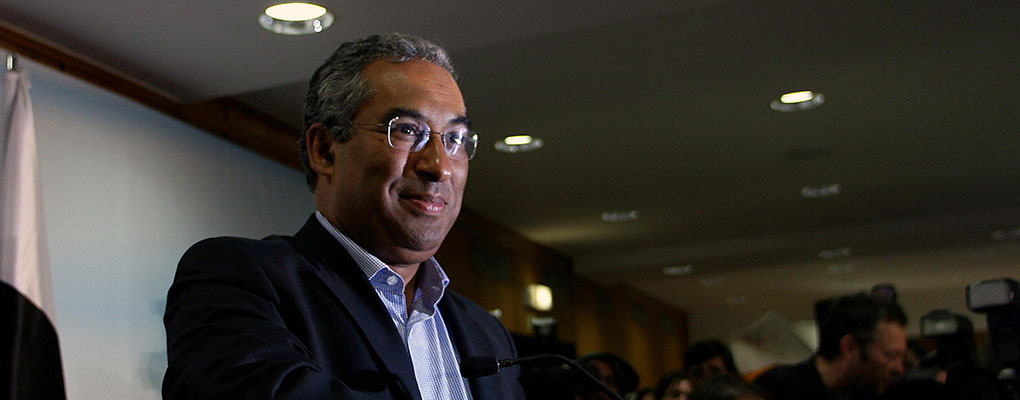
Portugal’s government has received parliamentary approval for the most ambitious rollback of austerity measures that has been attempted by any bailout EU member state. The left-leaning coalition, which is led by the Socialist Party’s Antonio Costa, hopes to encourage the country’s economic recovery by bolstering demand instead.
The 2016 budget includes provisions to remove spending cuts that were forced on the state as part of its bailout from international lenders, the IMF and the EU. Such measures include increasing the minimum wage, reinstating four public holidays and revoking additional tax fees that were introduced during the height of the country’s economic crisis.
The budget also assumes that the economy will grow by 1.8 percent this year – a figure that various analysts have disputed, particularly given the 1.5 percent growth achieved in 2015.
According to Reuters, the EU has countered by increasing pressure for the coalition government to reduce the budget deficit to 2.2 percent of the GDP – more than was previously planned. As such, European authorities argue that modest growth and increasing purchasing power are not enough to aid recovery without spending cuts also being put in place.
Despite the government’s optimism over its populist plans, which will undoubtedly come as a great relief to the Portuguese population, whether they will actually work is highly debatable. The coalition’s performance so far has raised reason for doubt: since coming to power last November, unemployment increased in the fourth quarter, while business confidence has also fallen.
With growing pressure from the EU and disappointing growth set to continue, Portugal’s ambitious government may have no choice but to depart from its strong anti-austerity stance, as was the case for Greece’s Syriza Party last year.


